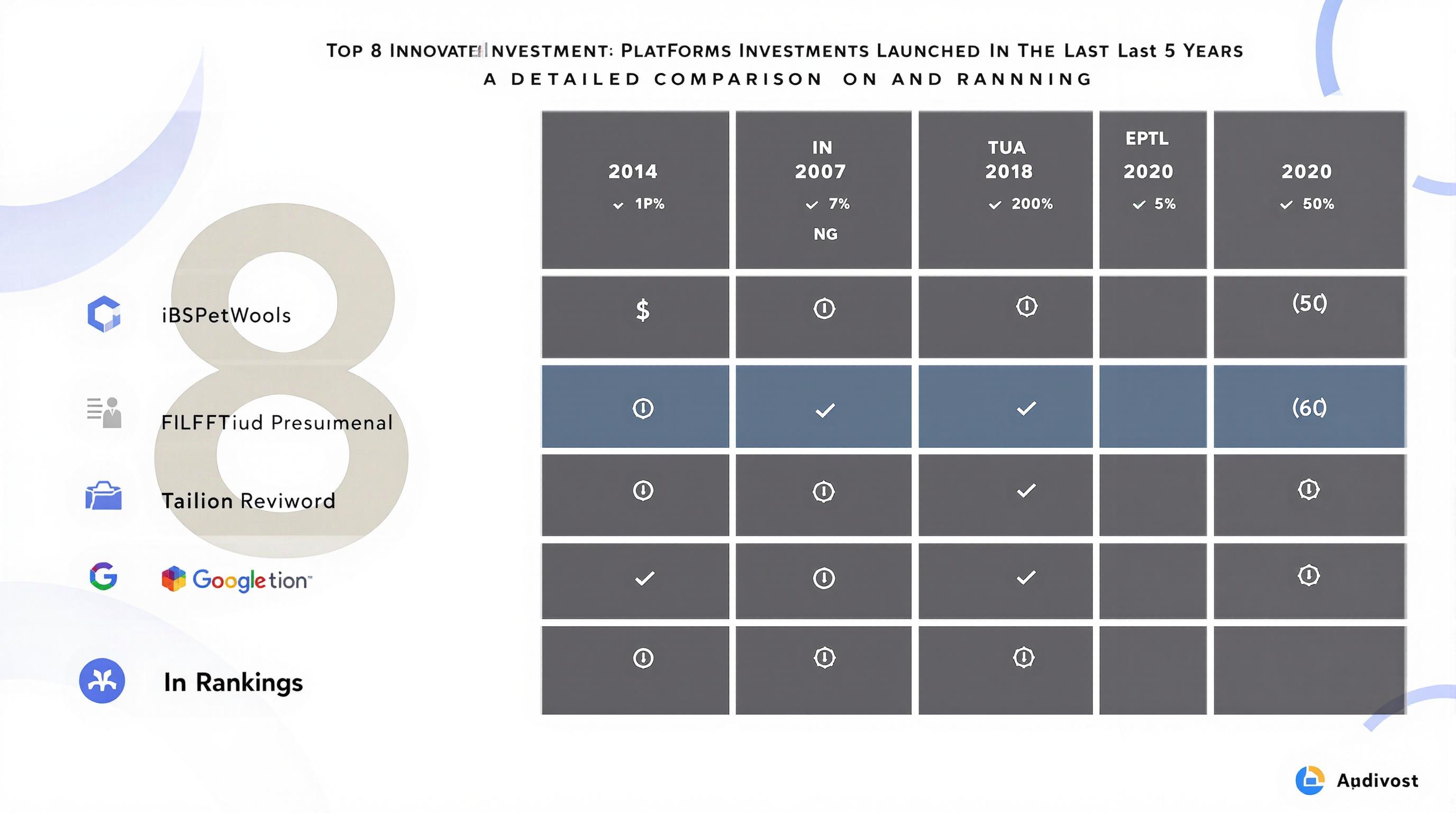Related Articles
- 5 Game-Changing Thematic ETFs Introduced Since 2019 That Are Redefining Global Market Strategies
- Unveiling Forgotten Revenue Streams: How Niche Collectibles Can Silently Boost Your Wealth Over Time
- Unlocking the Secrets: How Forgotten Heirlooms Can Reshape Your Legacy Beyond Traditional Wills
- 7 Emerging Global Investment Platforms Revolutionizing Portfolio Diversity Since 2019
- Unlocking the Role of Urban Gardens in Shaping Future Wellness Strategies Beyond Traditional Medicine
- 7 Emerging Digital Tools for Passive Income Planning Compared and Ranked for 2024 Success
5 Surprising Regulatory Hurdles Impacting Cross-Border Investments: In-Depth Analysis and Solutions
5 Surprising Regulatory Hurdles Impacting Cross-Border Investments: In-Depth Analysis and Solutions
5 Surprising Regulatory Hurdles Impacting Cross-Border Investments: In-Depth Analysis and Solutions
1. Complex Taxation Structures
One of the foremost challenges investors face when navigating cross-border investments is the complexity of international taxation. Different countries employ diverse tax codes, rates, and filing requirements, making compliance a daunting task. For example, some jurisdictions implement withholding taxes on dividends and interest, which can significantly erode investment returns.
Moreover, the risk of double taxation often arises, where income is taxed both in the source country and the investor’s home country. While many nations have bilateral tax treaties to mitigate this, understanding and applying these agreements correctly requires expert knowledge. Failure to do so not only results in excessive tax payments but also penalties and reputational damage.
To overcome this hurdle, investors should prioritize comprehensive tax planning by collaborating with international tax advisors. Utilizing tax-efficient structures—such as holding companies or investment funds domiciled in favorable jurisdictions—can also help. According to KPMG’s 2023 Global Tax report, strategic tax planning can reduce effective tax rates by up to 15% for cross-border investments.
2. Foreign Exchange Regulations
Foreign exchange (forex) rules often pose unexpected barriers to international investing. Some countries maintain strict currency controls that limit the conversion of local currency into foreign currencies or restrict the repatriation of investment proceeds. Such limitations can cause liquidity issues and increase transactional costs.
Additionally, exchange rate volatility introduces a layer of financial risk that can drastically affect investment value. Investors must account for possible currency depreciation or appreciation in their return forecasts, complicating financial modeling. Moreover, compliance with anti-money laundering (AML) laws related to forex transactions adds regulatory pressure.
Effective solutions include hedging strategies like forward contracts and currency options, which protect against adverse movements. Investors should also stay informed about evolving national policies to anticipate regulatory changes. Engaging local banking partners familiar with these rules ensures smoother currency management and capital movement.
3. Divergent Anti-Money Laundering (AML) Standards
AML regulations vary considerably between countries, making compliance a significant challenge for cross-border investors. While many governments have strengthened AML laws following international recommendations, differences in implementation create complexity. For instance, the scope of due diligence, suspicious transaction reporting thresholds, and beneficiary identification requirements differ widely.
These discrepancies can delay investment processes due to the need for extensive documentation and verification. Furthermore, failure to comply with AML norms can result in hefty fines and legal sanctions. Multinational investors often struggle to harmonize their internal compliance practices across borders while remaining aligned with local legal frameworks.
To address these issues, establishing robust internal AML policies that exceed the strictest jurisdictional requirements is advisable. Utilizing technology solutions, such as transaction monitoring software with AI capabilities, enhances detection and reporting efficiency. Collaboration with local legal and compliance experts is also critical to navigate regulatory subtleties and maintain operational agility.
4. Sector-Specific Investment Restrictions
Certain industries face mandatory limitations or prohibitions on foreign investment due to national security or strategic interests. These sector-specific restrictions, often overlooked by general investors, can block or delay deals unexpectedly. Examples include telecommunications, defense, and energy sectors, where governments impose caps on foreign ownership or require special approvals.
For instance, countries like China and India have stringent approval processes that can extend transaction timelines to several months. In some cases, selective sectors are entirely off-limits for foreign capital. These regulatory barriers not only impede market entry but may reduce potential investment returns by limiting operational freedom.
To navigate this challenge, conducting detailed regulatory due diligence early in the investment process is essential. Investors may also consider partnering with local firms or utilizing joint venture structures to comply with ownership caps. Staying updated on government policies and engaging in proactive dialogue with regulators can yield smoother approvals and mitigate risks.
5. Divergence in Corporate Governance Standards
Variations in corporate governance across jurisdictions pose another subtle hurdle. Differences in shareholder rights, board structures, disclosure requirements, and minority protections can impact investor control and value realization. In some countries, weak enforcement of governance norms increases the risk of mismanagement or fraud.
This divergence complicates the evaluation of potential investment targets and ongoing monitoring. Investors might encounter difficulties in exercising influence or accessing timely information, hindering decision-making. Moreover, governance misalignments can affect exit strategies and overall investment security.
Solutions include selecting investment opportunities in markets with established governance frameworks or promoting governance reforms through active ownership. Incorporating robust investor protection clauses in contracts and employing independent third-party audits enhance transparency. According to the World Bank’s Doing Business report, firms with strong governance structures attract higher foreign direct investment inflows.
6. Varied Data Protection and Privacy Laws
Cross-border investments increasingly involve the exchange of sensitive data, making data protection laws a critical regulatory hurdle. Countries differ significantly in their privacy frameworks—for instance, the European Union’s General Data Protection Regulation (GDPR) imposes stringent controls on data processing and transfers. Other countries may have weaker or conflicting regulations.
Non-compliance with such laws can result in severe penalties and disrupt business operations. For investors, navigating these disparities often requires adjustments to data handling procedures and contract stipulations to ensure legal compliance. Additionally, data localization mandates in some countries restrict where data can be stored or accessed.
Investors should undertake comprehensive data privacy assessments and work closely with legal advisors specializing in international data protection laws. Implementing standardized global data policies, along with local adaptations, helps facilitate compliance. Awareness of regulatory trends and proactive adoption of best practices reduce risk exposure and foster trust with stakeholders.
7. Challenges from Political and Regulatory Uncertainty
Unpredictable political environments and shifting regulatory landscapes pose ongoing challenges for cross-border investors. Sudden changes in laws, expropriation risks, or sanctions can upend investment plans and valuation. Particularly in emerging markets, political instability often correlates with abrupt legal shifts affecting foreign ownership and repatriation rights.
This uncertainty demands higher risk premiums and can deter capital flows, slowing economic growth. Investors may encounter difficulties in enforcing contracts or resolving disputes via local judicial systems. Additionally, international sanctions restrict investments in specific countries or sectors, requiring constant monitoring of geopolitical developments.
Mitigating political risks involves diversifying investment portfolios and using political risk insurance where available. Establishing strong local partnerships and engaging in continuous government relations efforts help anticipate changes. Scenario planning and flexible investment structures enable quicker adaptation to evolving environments and reduce potential losses.
8. Discrepancies in Accounting and Financial Reporting Standards
Differences in accounting standards and financial disclosures complicate cross-border investment assessments. For example, while many countries adopt International Financial Reporting Standards (IFRS), others use Generally Accepted Accounting Principles (GAAP), leading to variance in how financial health is reported. These disparities impair comparability and increase due diligence costs.
Investors may face challenges interpreting financial statements, identifying risks, and verifying asset valuations. Furthermore, inconsistent auditing quality across regions exacerbates uncertainties. This complexity can delay decision-making and raise the cost of capital for foreign investors.
Addressing this hurdle requires engaging skilled financial analysts familiar with multiple accounting frameworks. Where possible, requesting reconciliations or audited IFRS-compliant reports streamlines evaluation. Training internal teams on international accounting nuances and utilizing cross-border financial consultants enhances transparency and investor confidence.
9. Competition Law and Anti-Trust Approval Barriers
Cross-border deals often trigger anti-trust scrutiny in multiple jurisdictions, posing regulatory obstacles. Competition authorities may impose conditions, require divestitures, or block transactions deemed to threaten market competition. Divergent competition laws and enforcement approaches create complexity for investors coordinating multi-jurisdictional approvals.
Obtaining clearance can take considerable time and involves detailed economic assessments. In some sectors, regulatory bodies are particularly vigilant to protect consumers and local businesses. Unanticipated interventions might increase transaction costs or necessitate restructuring deals.
Investors should incorporate competition law considerations early in deal planning and consult with antitrust experts in key markets. Developing comprehensive notification strategies and preparing mitigation plans facilitates smoother approval processes. Transparency with regulators and engaging in pre-notification consultations often prove beneficial.
10. Legal and Contractual Enforceability Issues
Finally, enforcing contracts across borders remains a challenging regulatory hurdle. Differences in judicial efficiency, legal remedies, and recognition of foreign judgments vary widely. In certain jurisdictions, lengthy court proceedings and unpredictability in enforcement create investment risks.
This issue is particularly acute in countries without strong rule of law or where legal frameworks are underdeveloped. The lack of reliable dispute resolution mechanisms discourages investment and complicates exit strategies. Arbitration agreements and international treaty protections can alleviate some concerns but are not universally enforceable.
Utilizing international arbitration forums, such as the International Chamber of Commerce (ICC) or the International Centre for Settlement of Investment Disputes (ICSID), can provide more reliable dispute resolution options. Additionally, crafting contracts with clear jurisdiction clauses and enforceability considerations is essential. Continuous legal risk assessment aids in selecting stable jurisdictions conducive to cross-border investments.



